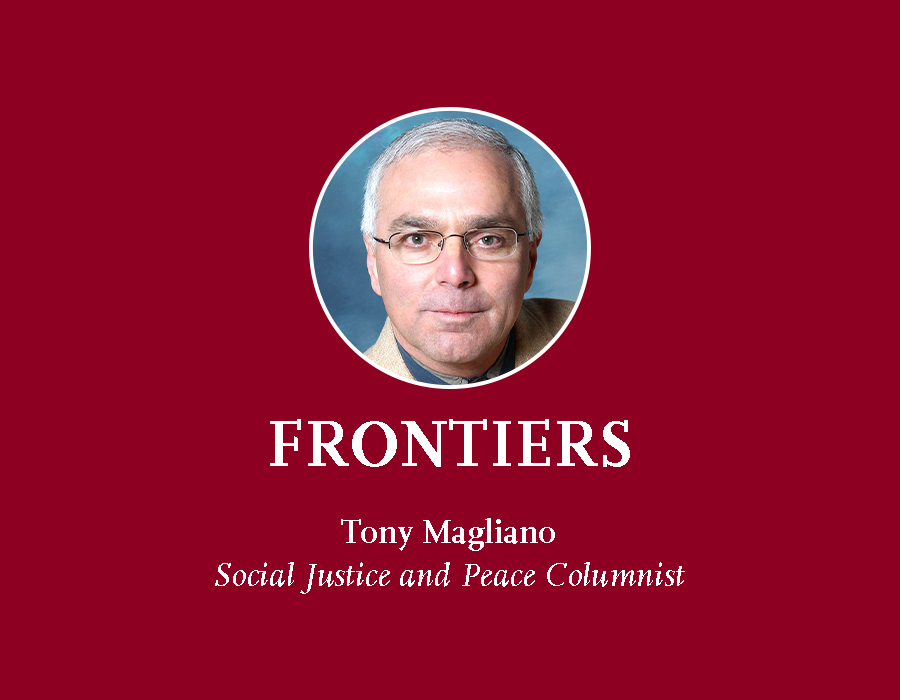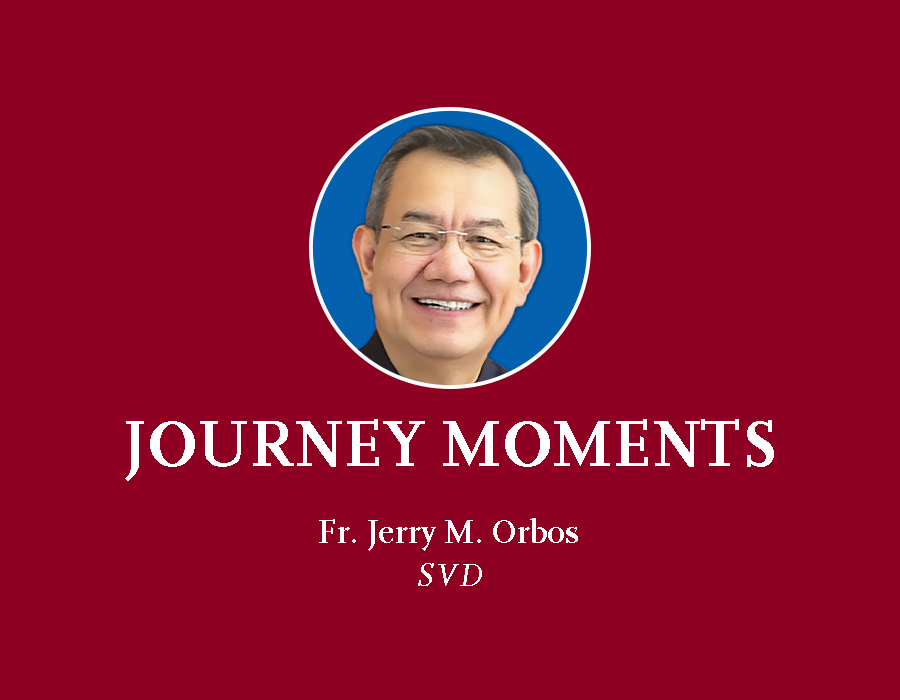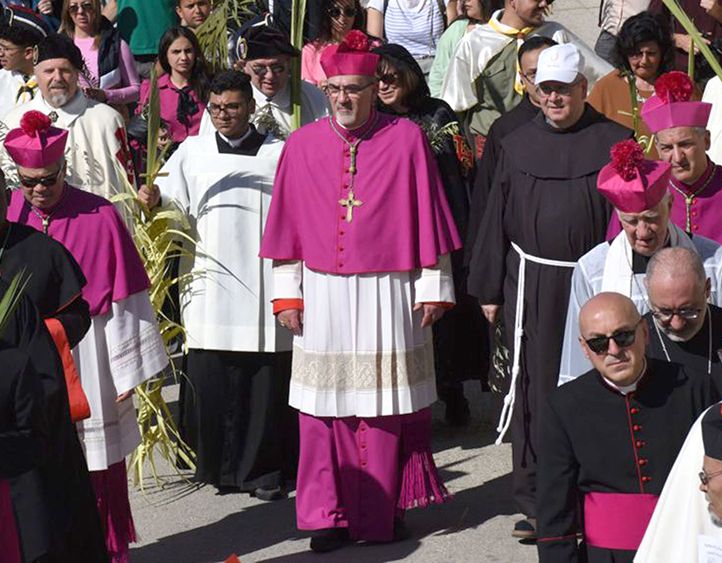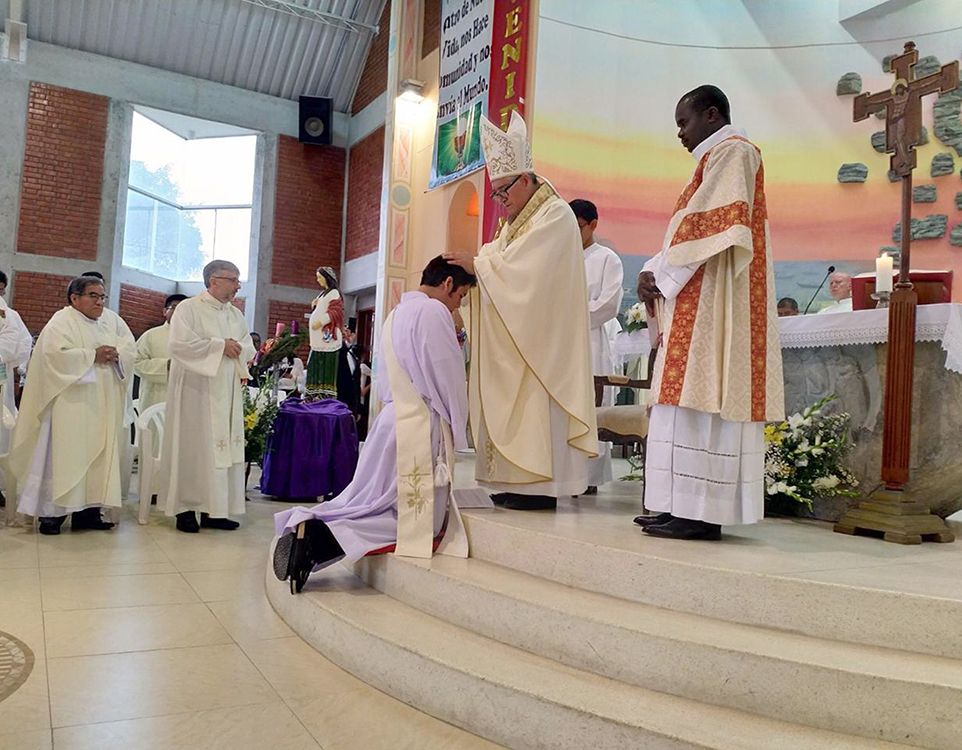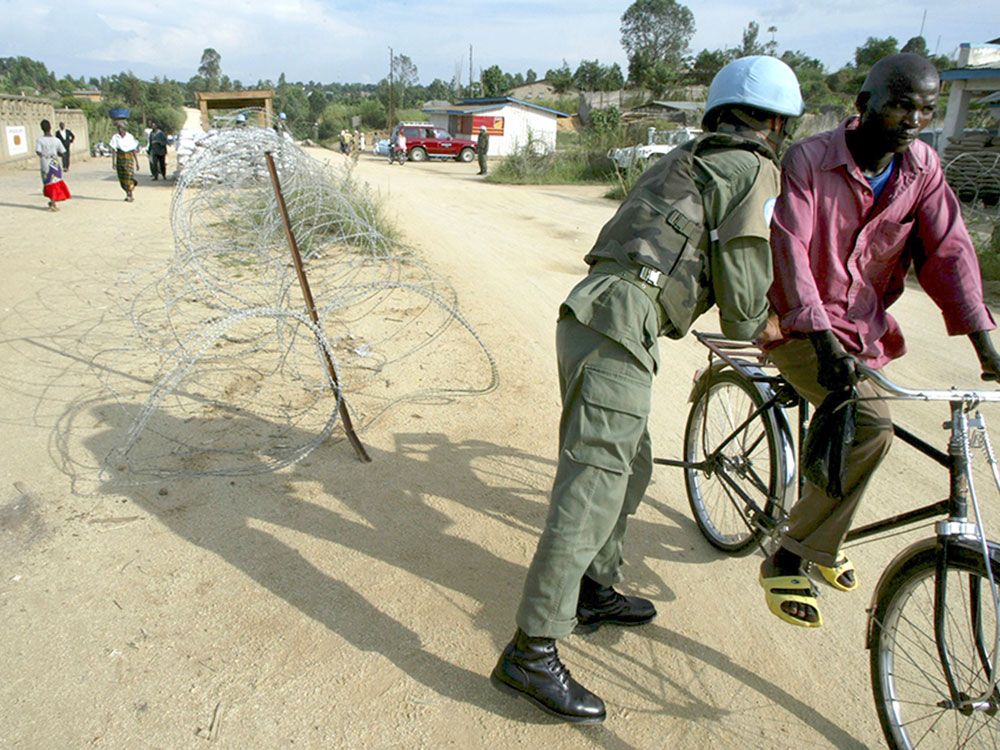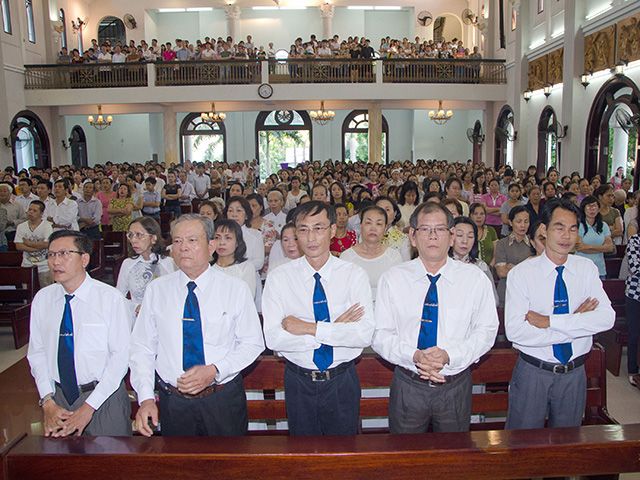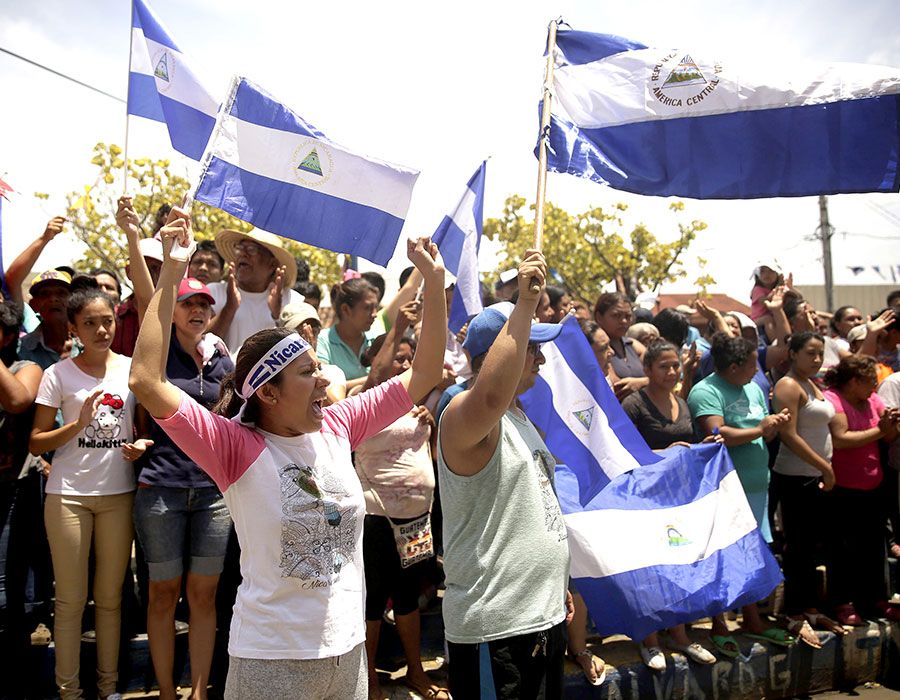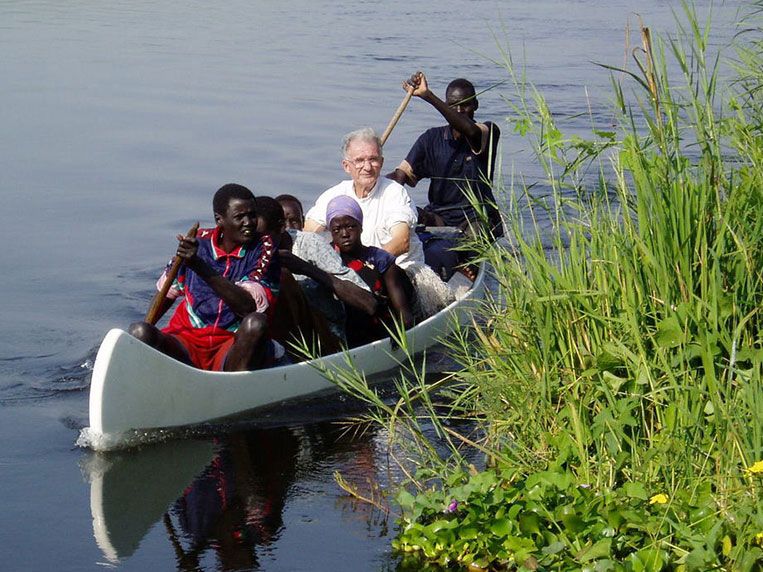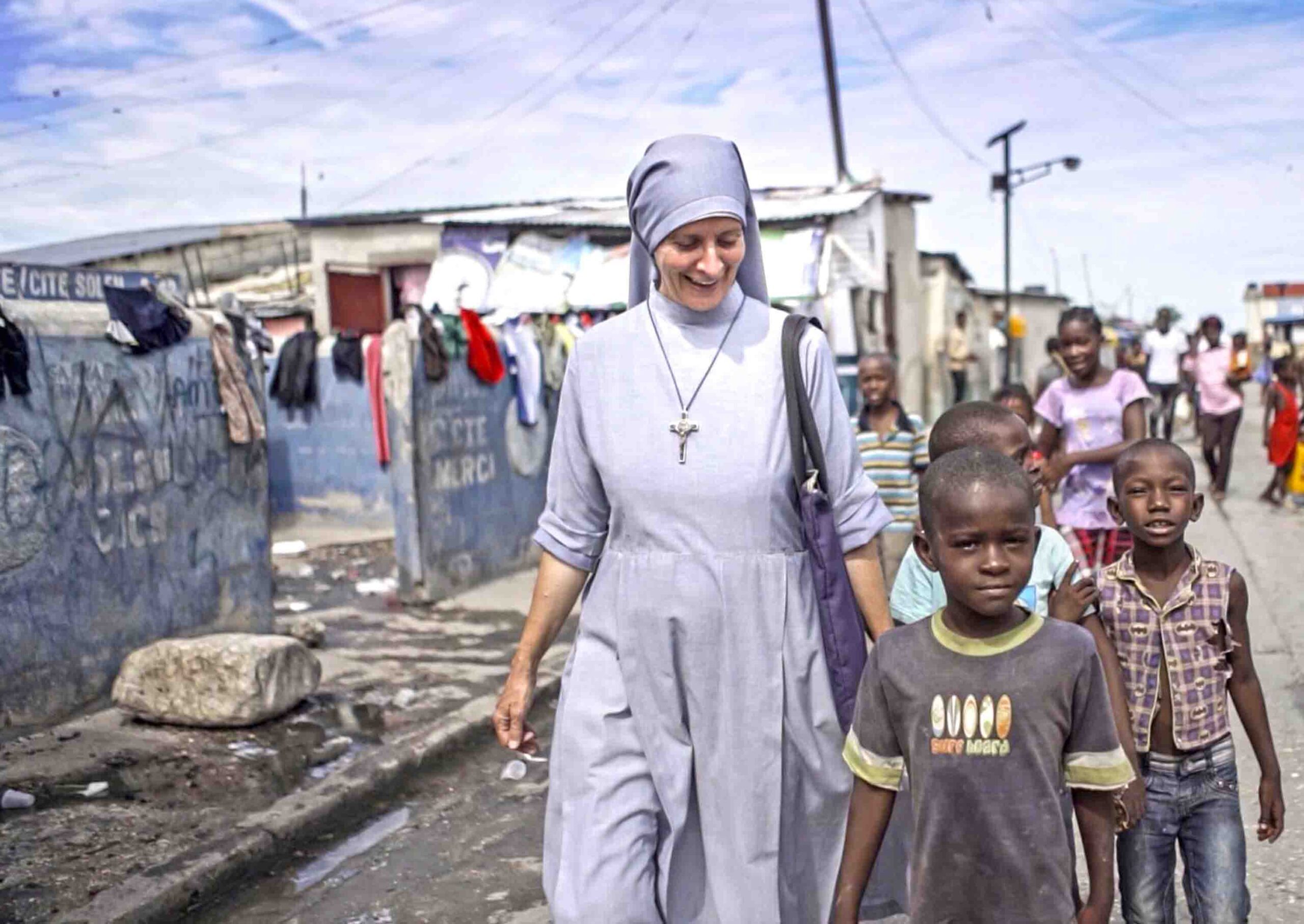Pope Francis himself provides an overview of the document. Various chapters examine (n.1) the Scriptures, (n.2) the actual situation of families today, (n.3) Church teachings on marriage and the family, (n.4) love in Marriage, (n.5) fruitful love, (n.6) pastoral approaches, (n.7) the education of children, (n.8) Jesus’ demands, and (n.9) family spirituality. Each chapter is a treasure house of deep insight and wisdom!
MERCIFUL PASTORAL TONE
Pope Francis’ letter sets an important pastoral agenda for the entire Church. He does not change any Church teaching, but he expresses his pastoral wisdom by always emphasizing mercy and compassion. He says: “I sincerely believe that Jesus wants a Church attentive to the goodness which the Holy Spirit sows in the midst of human weakness, a Mother who, while expressing her objective teaching, ‘always does what good she can, even if in the process, her shoes get soiled by the mud of the street’” (n.308). In all situations, “the Church is commissioned to proclaim the mercy of God, the beating heart of the Gospel” (n.309).
The first chapter of The Joy of Love begins with a meditation on Psalm 128, a reading frequently chosen for both Jewish and Christian wedding liturgies: “Your wife will be like a fruitful vine within your house; your children will be like olive shoots around your table…. May you see your children’s children”! The family is “the place where children are brought up in the faith” (n.16). “Every family should look to the icon of the Holy Family of Nazareth” (n.30).
JESUS AND FAMILIES
“The Bible is full of families, births, love stories, and family crises” (n.8). In fact, “Jesus himself was born into a modest family”; [he] “visits the home of Peter, whose mother-in-law was ill…. He goes to the homes of tax collectors like Matthew and Zacchaeus … and speaks to sinners like the woman in the house of Simon the Pharisee…. He is also sensitive to the embarrassment caused by the lack of wine at a wedding feast” (n.21).
Pope Francis explores the current situation of families. He focuses on “concrete realities” in order to improve the Church’s pastoral response because he believes “the welfare of the family is decisive for the future of the world and that of the Church” (n.31). Families face many challenges; some examples are migration, the “throw-away” culture, the anti-birth mentality, lack of housing and employment, pornography, and the abuse of minors (cf. 39-56). Francis always asks the Church to “offer a word of truth and hope” (n.57).
FACING ACTUAL SITUATIONS
The Church does well “to focus on concrete realities, since ‘the call and the demands of the Spirit resound in the events of history’” (n.31). Migration needs to be faced because of “its negative effects on family life” (n.46). Some families may have a member who requires special care. Francis notes: “Families who lovingly accept the difficult trial of a child with special needs are greatly to be admired” (n.47). The Church seeks to help “families living in dire poverty and great limitations” (n.49).
FAMILY MINISTRY APPROACHES
After reviewing the many contemporary challenges to family life, Pope Francis recommends a re-thinking of the approaches of the Church relative to marriage and family life. For Francis, it is not enough to stress “doctrinal, bioethical, and moral issues”; the Church must encourage “openness to grace” and “present marriage as a dynamic path to personal development and fulfillment…. We have been called to form consciences, not to replace them” (n.37).
FAMILY: SANCTUARY OF LIFE
In a strongly worded section, Pope Francis presents his convictions about the sanctity of human life. “Here I feel it urgent to state that, if the family is the sanctuary of life, the place where life is conceived and cared for, it is a horrendous contradiction when it becomes a place where life is rejected and destroyed. So great is the value of human life, and so inalienable the right to life of an innocent child growing in the mother’s womb, that no alleged right to one’s own body can justify a decision to terminate that life, which is an end in itself and which can never be considered the ‘property’ of another human being. The family protects human life in all its stages, including its last” (n.83).
This presentation only highlights a few significant insights from The Joy of Loving. Use them for your meditation, enrichment, and prayer. Consider reading Pope Francis’ original text. You will certainly be wonderfully enriched!
James H. Kroeger, MM, has served missions in Asia (Philippines and Bangladesh) for over five decades. He recently completed a new Orbis Book, Walking with Pope Francis: The Official Documents in Everyday Language, a synthesis-popularization of ten of Pope Francis’ pivotal documents from 2013-2022








